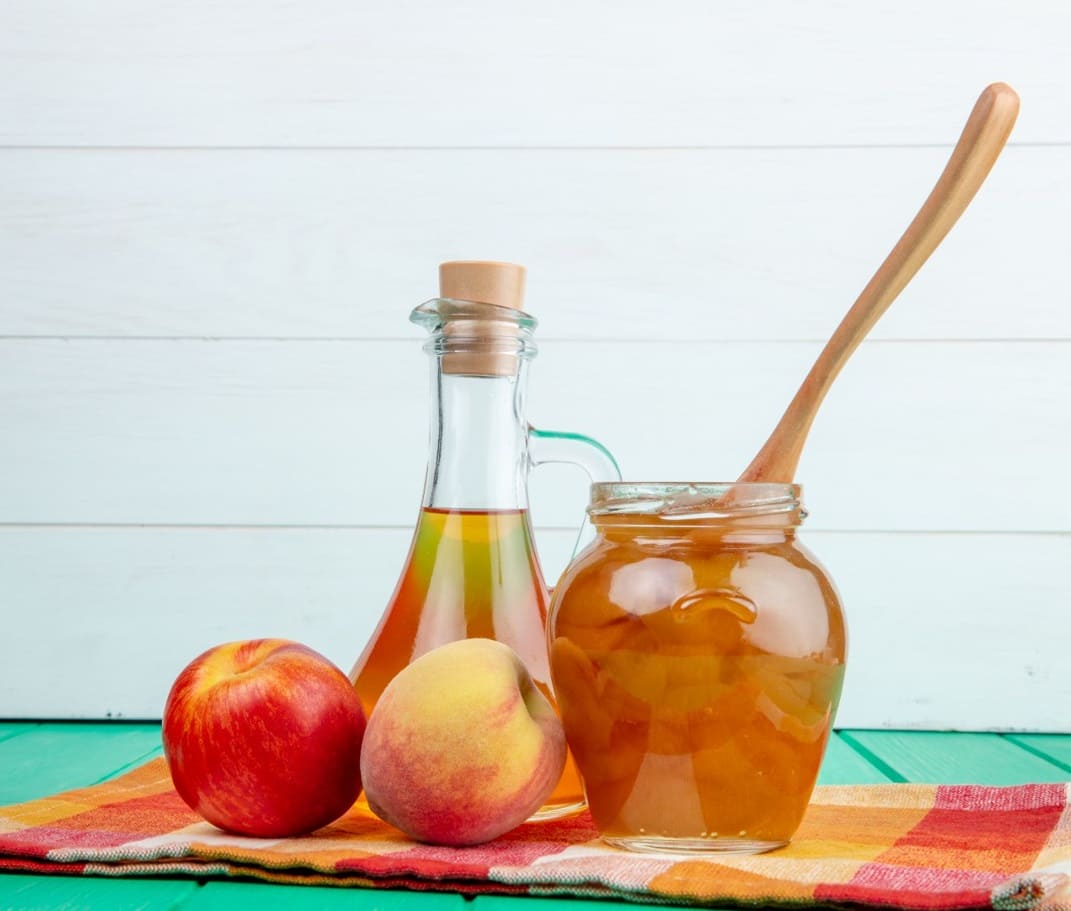Home remedies for nose block are often the first thing people try when they wake up with a stuffy, uncomfortable nose.
Whether the cause is a common cold, seasonal allergies, or dry air, nasal blockage can be annoying and affect your daily life. In some cases, however, it might signal something more serious, like chronic inflammation or a structural issue in the nose.
That’s why understanding what’s behind the blockage is key; it helps you decide if simple home remedies for nose block are enough, or if it’s time to seek medical advice.
What is a Nose Block?
Nasal congestion, or nose block, is the obstruction of airflow through the nasal passages due to inflammation, excess mucus, or other factors.
While it’s often caused by something minor like the common cold, seasonal allergies, or dry air, it can sometimes indicate more serious issues like vitamin deficiencies, chronic inflammation, or structural problems inside the nose.
Understanding the root cause of nasal blockage is important it helps you decide whether simple home remedies for nose block are enough or if medical attention is needed. In most cases, people try natural solutions first to relieve the discomfort before turning to medication or seeing a doctor.

Common reasons for a nose block
Common cold or flu
Viral infections cause inflammation and mucus build-up, leading to temporary nasal congestion.
Allergies
Allergic reactions (to pollen, dust, pets, etc.) can cause the nasal passages to swell and produce extra mucus.
Sinusitis (Sinus Infection)
Sinusitis is a bacterial or viral infection in the sinuses that can lead to nasal congestion, facial pressure, and pain, particularly if the condition becomes chronic.
Structural Issues
Home remedies for nose block
Steam inhalation
Many people with a nose block prefer steam inhalation as a first-line solution. Although there is no scientific evidence supporting steam inhalation as an actual treatment for a nose block, it remains one of the simplest home remedies for nose block.
You can also add certain oils and herbs, such as mint, which acts as a soothing agent and helps relieve any irritation around the nose, especially if frequent use of tissues has caused redness or inflammation.
However, caution should be taken not to overheat the steam or apply it too closely to the face.
Use of saline solution
Using saline solution is considered one of the most commonly used home remedies for nose block, as it can be easily prepared at home and is also available at any pharmacy.
Saline solutions typically do not contain any active medicinal ingredients, making them safe for pregnant women, breastfeeding mothers, and children.
Warm compress
Using warm compresses is considered one of the most effective home remedies for a nose block, as it helps loosen mucus, making it easier to expel, while also dilating blood vessels, reducing inflammation, and improving blood flow.
The preparation method is among the simplest of all home remedies for nose block:
- Soak a clean cloth in warm (not too hot) water.
- This procedure can be repeated several times a day.
It can also be used before steam inhalation or alongside saline solution, which allows you to achieve a potential effect by combining more than one home remedy for a nose block at the same time.
Humidifier
A humidifier is very useful for a nose block because it can help open the air passages and reduce dryness in the nose and throat.
Most humidifier devices are safe for children and pregnant women, and they are especially suitable during winter. These advantages make it one of the most effective home remedies for a nose block.
Lifting the head during sleep
Elevating the head while sleeping helps improve breathing, which leads to more comfortable sleep for those suffering from a nose block. This can be done by placing multiple pillows under the head.
Some people also believe that staying upright helps the mucus drain downward more easily.
Drink plenty of fluids
Keeping hydration is also a very useful home remedy for a nose block, as noted that warm drinks may have a soothing effect.
Neti pots
Neti pots are one of the most popular home remedies for nose block. Although it is very effective, the patient must be careful when using it and take the following precautions to reduce the risk of infection, such as cleaning the device with distilled water, and the head needs to be tilted 45 degrees.
Neti pots are considered a traditional home remedy for a nose block. It cleans the nose cavity and removes any element that causes inflammation.
Eating certain foods
Some foods that irritate, or spicy foods, can sometimes help treat nasal congestion by inducing a runny nose.

Home remedies for nose block with herbs
Many herbs and plants can greatly help improve nasal congestion due to their well-known anti-inflammatory and antioxidant properties, especially congestion caused by allergies. Additionally, the natural antiviral and antibacterial substances strengthen the respiratory system and boost overall immunity.
Apple Vinegar
Because of the sodium content in apple vinegar, it is considered one of the important home remedies for nose block, as it helps to eliminate the mucus that causes the blockage.
For preparation:
One spoonful of honey, two tablespoons of apple vinegar, and warm water are combined to make it. You can do this two or three times a day.
Ginger
Many studies indicate that ginger’s anti-inflammatory properties significantly help with a nose block, and taking 500 mg of ginger is equivalent to using antihistamines.
It can be used directly or as ginger tea. It is recommended to boil water with a tablespoon of ginger, and some lemon slices can be added if desired.
Garlic
Garlic contains flavonoids that reduce histamine, and it also contains allicin, which helps relieve sinus inflammation and congestion.
Thus, it serves as a complete soother for fatigue symptoms and is not only a home remedy for nose block but also for congestion and sinusitis.
It is best prepared by chopping one or two cloves of garlic and boiling them in water.
The patient then inhales the steam, but it is not recommended to put whole garlic cloves directly into the nose.
If the patient has tried one or two of the common home remedies for nose block but does not experience any relief, or if the symptoms worsen, they should visit a doctor promptly.
This is important to ensure proper diagnosis and treatment, as persistent or severe nasal congestion may indicate an underlying condition that requires medical attention.
In conclusion
Nasal congestion is a common problem that can often be relieved using various natural home remedies, such as staying hydrated, herbs, and using neti pots. However, it is important to pay attention to the symptoms and not rely solely on home treatments if the problem persists or worsens. In such cases, consulting a doctor is necessary for proper diagnosis and treatment.
Taking care of nasal and respiratory health enhances our comfort and overall quality of life.
Read more about


You must be logged in to post a comment.